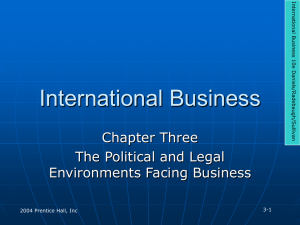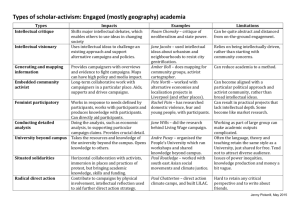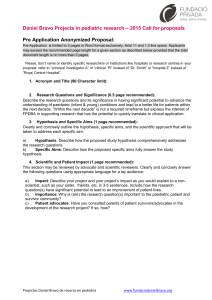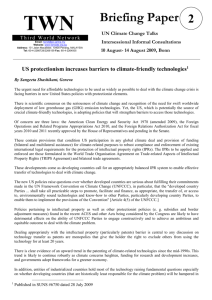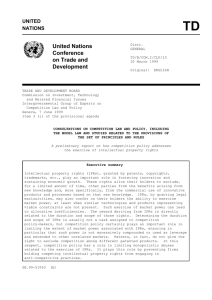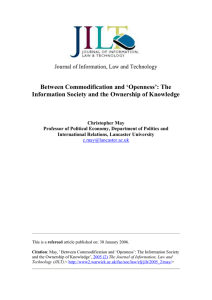59428
advertisement
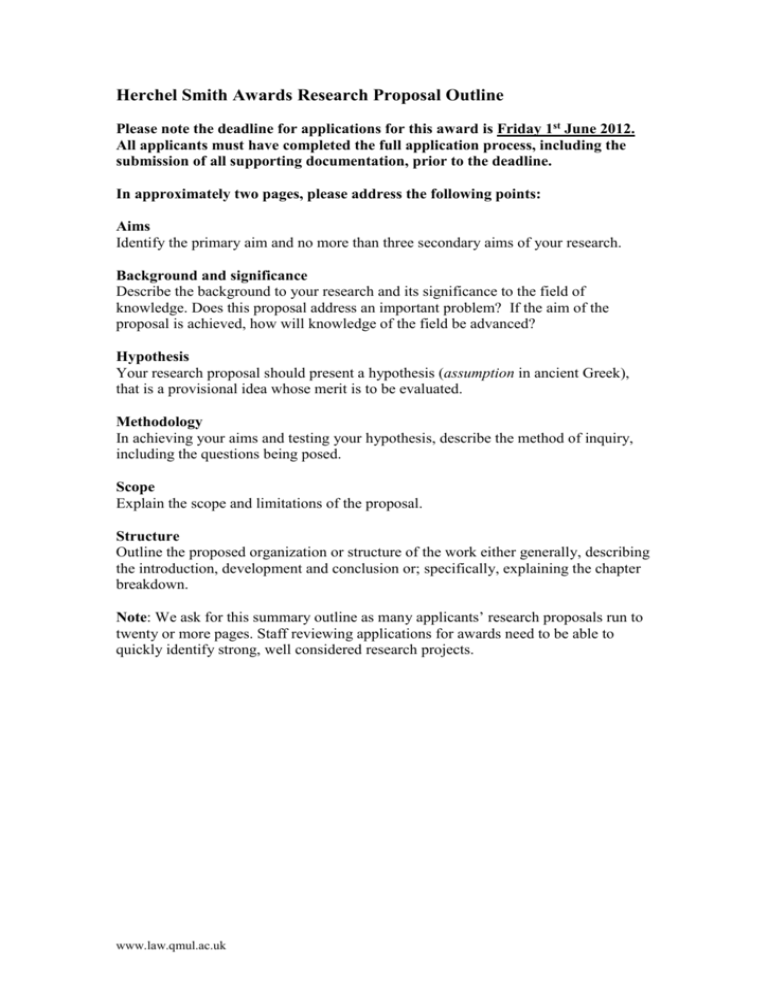
Herchel Smith Awards Research Proposal Outline Please note the deadline for applications for this award is Friday 1st June 2012. All applicants must have completed the full application process, including the submission of all supporting documentation, prior to the deadline. In approximately two pages, please address the following points: Aims Identify the primary aim and no more than three secondary aims of your research. Background and significance Describe the background to your research and its significance to the field of knowledge. Does this proposal address an important problem? If the aim of the proposal is achieved, how will knowledge of the field be advanced? Hypothesis Your research proposal should present a hypothesis (assumption in ancient Greek), that is a provisional idea whose merit is to be evaluated. Methodology In achieving your aims and testing your hypothesis, describe the method of inquiry, including the questions being posed. Scope Explain the scope and limitations of the proposal. Structure Outline the proposed organization or structure of the work either generally, describing the introduction, development and conclusion or; specifically, explaining the chapter breakdown. Note: We ask for this summary outline as many applicants’ research proposals run to twenty or more pages. Staff reviewing applications for awards need to be able to quickly identify strong, well considered research projects. www.law.qmul.ac.uk Note on Selection Criteria The Herchel Smith PhD Scholarship Programme recognises and supports exceptional students who show the potential to make an outstanding contribution to intellectual property law. This programme supports PhD students in intellectual property law and those working at the intersection of intellectual property law and other areas of sciences and humanities. (a) Essential selection criteria: The entry requirement for the award of a Herchel Smith Scholarship is a distinction on an LLM or equivalent qualification. Exceptions will be made in very rare circumstances. Applicants whose first language is not English are required to provide proof of proficiency in English as part of the application process (as required under the School of Law entry criteria for the PhD programme). (b) Research Proposal The research proposal should clearly identify the following elements: i. a coherent and viable research project, based on the research topics indicated below in (e); ii. a primary aim or hypothesis; iii. research methodology to be adopted; iv. a short bibliography of the key relevant literature in the area; Please see Guidelines for Writing a Research Proposal at http://www.law.qmul.ac.uk/docs/postgrad/50379.pdf ) (c) Scholarships will be made available on applicants fulfilling at least three of the following criteria: Shows clear potential to proceed to the next stage of the PhD programme; Past academic and research record of the applicant showing promise (such consideration will include recent research activities and achievements, publications and other outputs); Excellence of the proposal, in particular its degree of focus and the inclusion of field / empirical research; The proposed research is likely to lead to a significant conceptual advance in the understanding and knowledge of a topic/subject. (d) The research topic should focus on one of the following themes: IPRs and public international law/private international law; IPRs and intangible cultural/scientific heritage; IPRs and human rights; Doctrine of functionality; The role of intellectual property law in promoting and regulating art; intersection of international trade and intellectual property law (e.g. Patents and Trade in Stem Cells; Trade Marks and Tobacco Plain Packaging); intellectual property transactions (e.g. Licensing of Broadcasting Rights for Premier League matches); interrelationship of TRIPS with regional and national Law (e.g. TRIPS and the European Patent Convention); philosophy of intellectual property; primary and secondary markets in IP; Art 102 TFEU applied to "double identity" TM cases; property rights in persona; enforcement of IP; exhaustion and licensing. www.law.qmul.ac.uk



